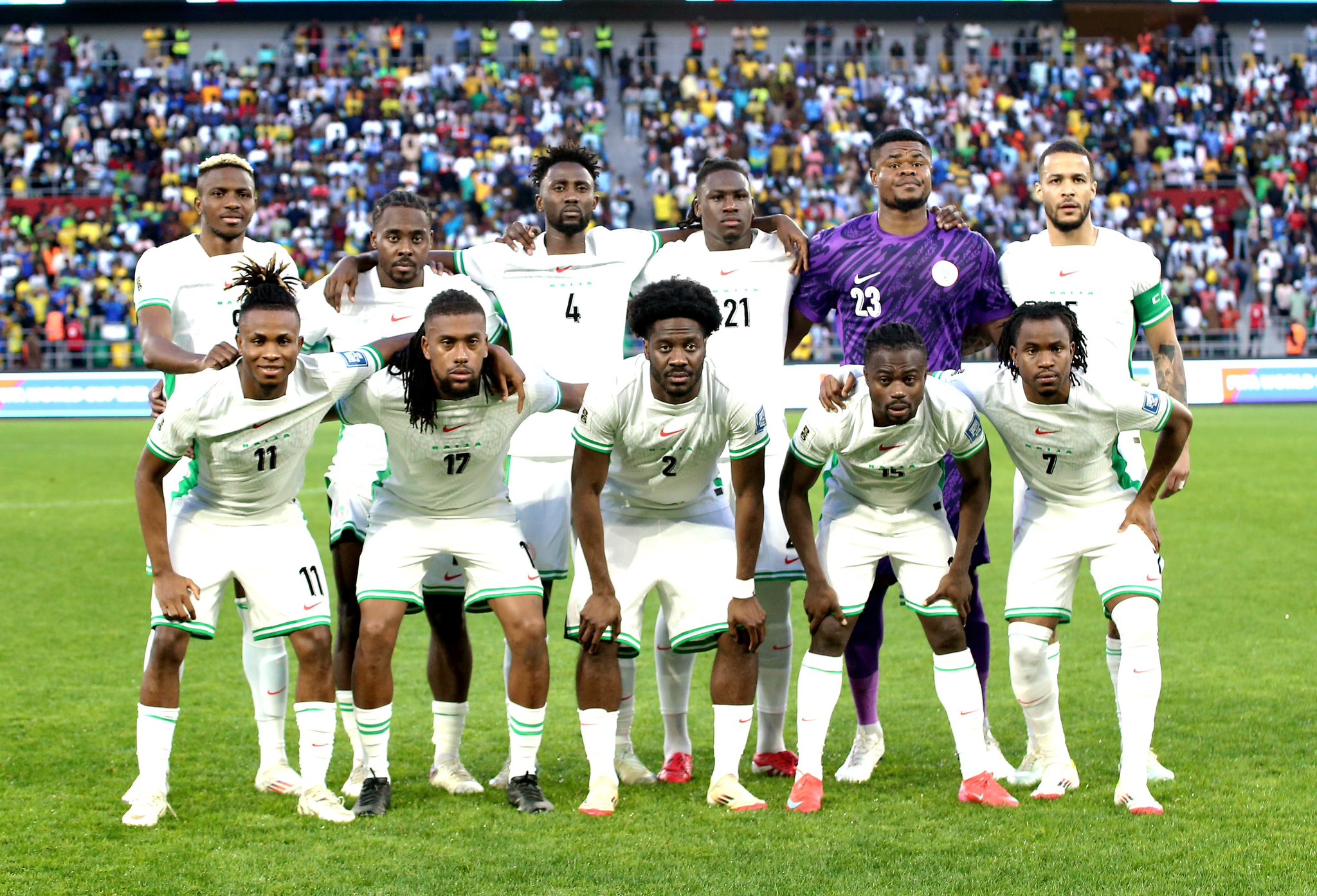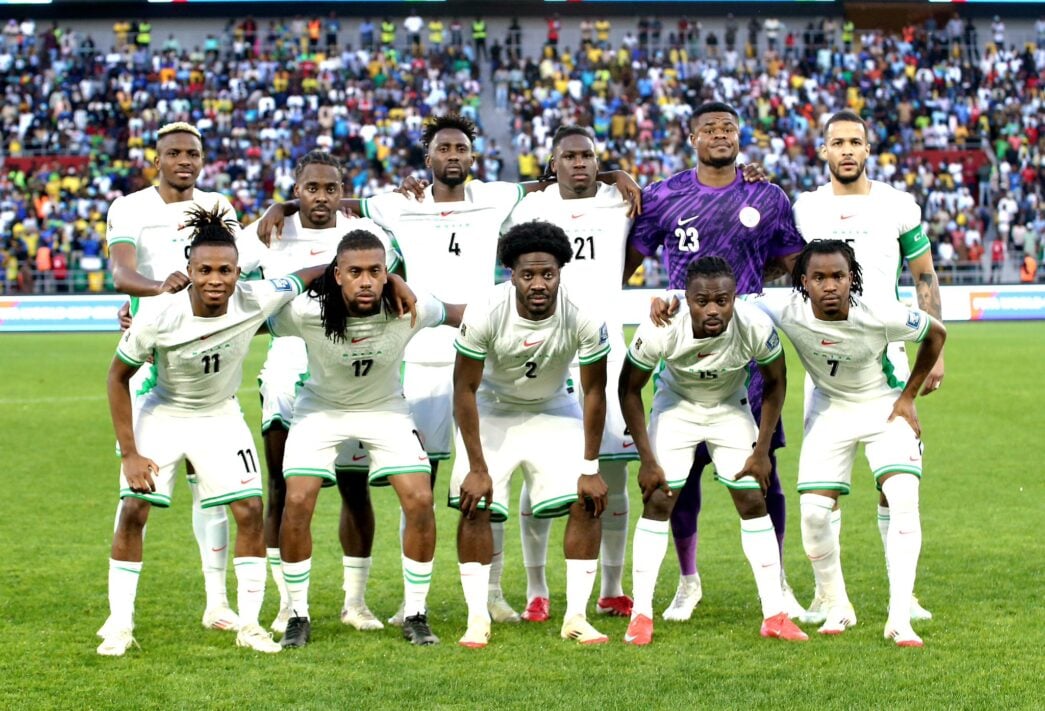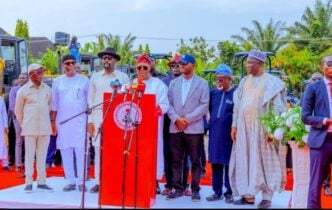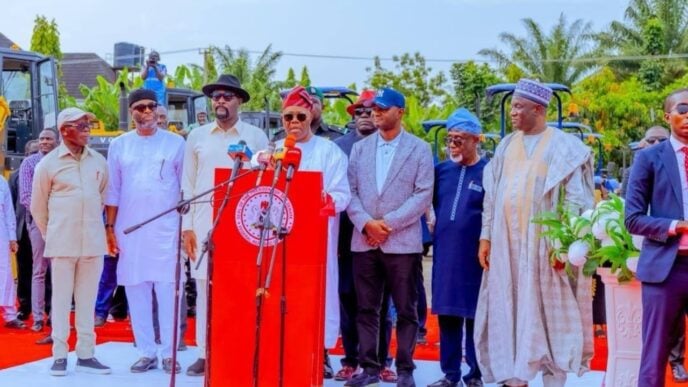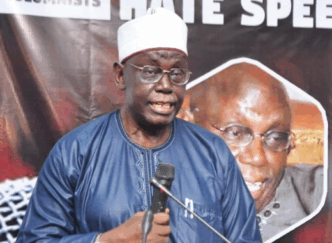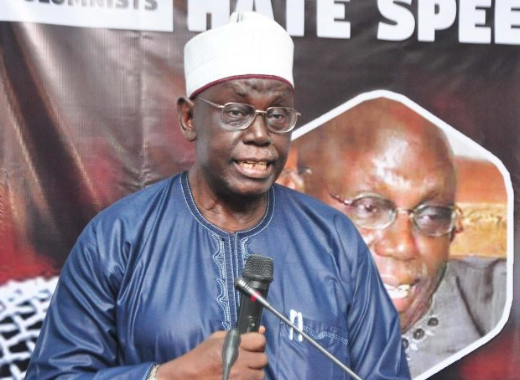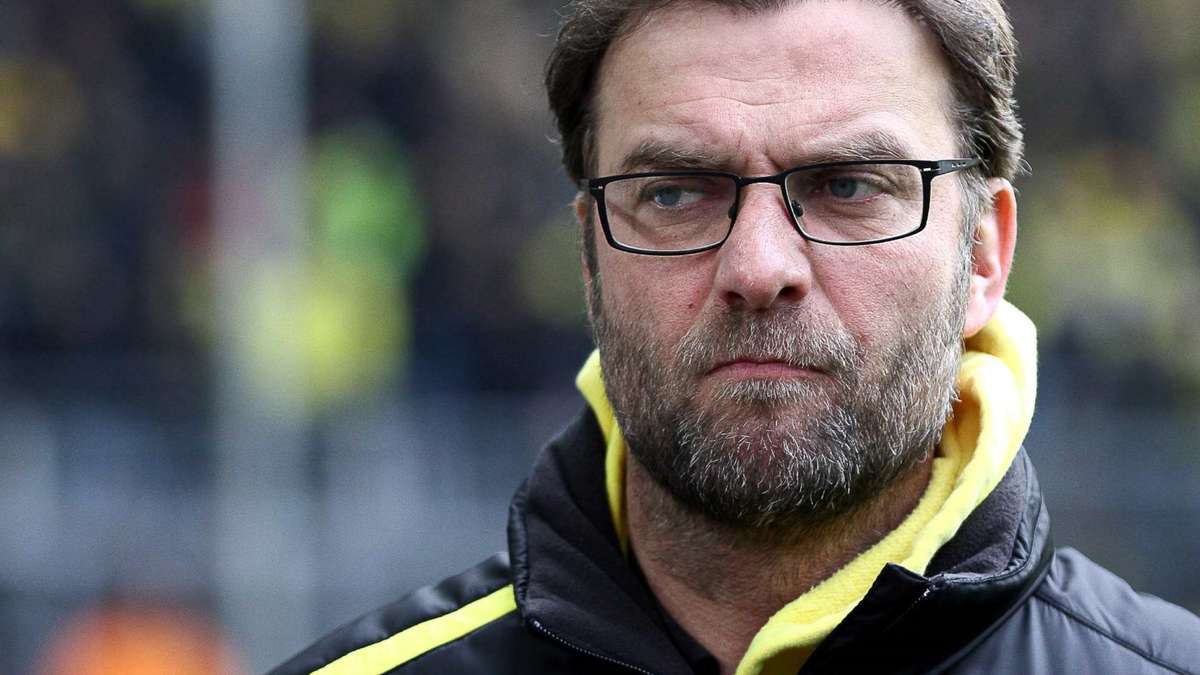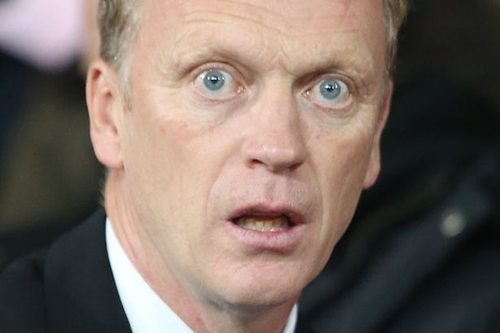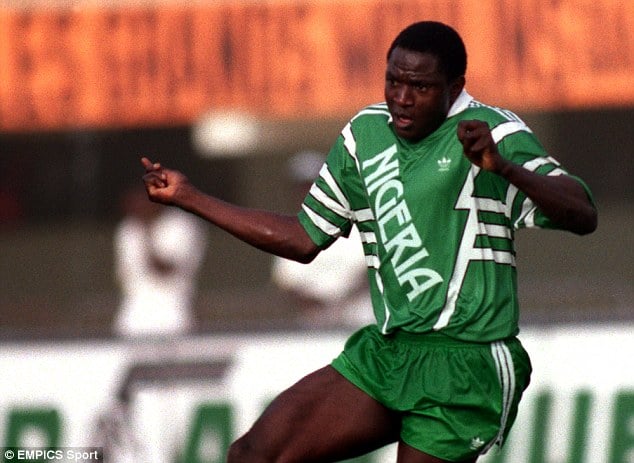Victor Osimhen is only nine games away from becoming the highest goal scorer in Nigeria’s football history, according to his game-to-goal ratio. In 45 games, the Galatasaray striker has scored 31 goals for Nigeria, and needs only six more goals to equal Rashidi Yekini’s record, which has been in place before Osimhen was born in 1998.
No doubt, Osimhen will go down in Nigeria’s history as one of the greatest strikers the country ever produced — even if he never plays in any World Cup. No matter how sad that reads, it is actually the reality of the Super Eagles of Nigeria today. By the 2030 World Cup in Morocco, Portugal, and Spain, Osimhen will be 32 years old and even if he makes it to that World Cup, he may no longer be in his prime.
I hate to say it, but this is the story of Nigeria.
Like me, most Nigerians have spent the last 24 hours enduring the joyful banter of our Ghanaian brothers, who claim that with a population of 240 million, we could not pick 11 people to take us to America. “Ghana is just like a state in Nigeria — State don qualify for World Cup leave country,” read one of such hilarious jabs on social media.
Advertisement
But behind the jokes lies a painful truth: Nigeria has been extending its nature to the game we were once respected for, and our opponents can now say we have become an “almost nation”. We almost qualify. We almost dominate. We almost make it count. It does not matter that we have some of the world’s most gifted players, we just somehow cannot translate raw talent into global performance. And this is not about one match, one coach, or one NFF chairman — it is a long-running pattern of institutional weakness taking over glasshouse.
WHEN THE PRESIDENT BANNED INTERNATIONAL FOOTBALL
When we finished last in our group in 2010 — the first World Cup hosted on African soil, we were all devastated, or at least, we pretended to be. So, President Goodluck Jonathan banned the Super Eagles’ participation in any international tournament for two years.
Advertisement
Can you guess how long the ban was in force for? One week. As soon as FIFA threatened to expel Nigeria from world football due to government intervention, the president walked back the ban.
The Nigerian Football Federation (NFF) released a statement assuring the president of its commitment to improving football development, and to grow a new senior national team that will “bring glory rather than consistent embarrassment to Nigeria on the world stage”.
“Based on these assurances, and the appeals of well-meaning Nigerians, including former leaders, President Jonathan has decided to review the earlier two-year ban on the country from all international football competitions,” NFF said in July 2010.
This was probably responsible for the flashes of brilliance that got Nigeria back to the World Cup in 2014, where the country made it to the round of 16 but was knocked out by France. By 2018, the decline had started to make a comeback; we made it to the global turf, but fell off at the group stage.
Advertisement
This was very disappointing, but little did we know that it was going to be our best of the decade to follow. When this current group of players won against Gabon, President Bola Tinubu made a tweet hailing the Nigerian resilience, but when they lost, it was silence from Aso Rock. Clearly, resilience has become a defect, the defect of the Nigerian people who are used to the “almost” nature of our country.
We are almost undeniably the biggest country in Africa, until inflation and poor economic policies from the very recent past crashed our standing on the continent. Now we struggle with Egypt, Algeria and Morocco to get a spot in the top 5.
Nigeria almost solved the problem of electricity, until we realised generating power was not that hard, distributing it is where the cookie crumbles. So, we continue to be the country with the highest number of people without electricity, anywhere on the continent.
Every government will promise to revive our refineries, until they realise the same thing former president Olusegun Obasanjo said as early as 2006: reviving the refineries is not what government should spend its energy on. The refineries will almost work at optimum capacity, but it’s been “almost” for the last decade.
Advertisement
Nigeria will technically defeat Boko Haram, almost end banditry, soon victor over kidnapping, but we have never truly gotten any of these things done. We seem to always stop at almost.
So, Osimhen may break the record, he may etch his name deeper into Nigerian football folklore, but what he may never get is a chance to show the world what a fully supported Nigerian superstar can do on the biggest stage for his country. And that is the saddest part of all.
Advertisement
While Nigeria is my favourite country in the world, it is still a country of almosts. Almost ready. Almost qualified. Almost there. Until we decide not to stop at “almost,” Nigeria will continue to break our hearts.
You can reach ‘Mayowa on X @OluwamayowaTJ.
Advertisement

